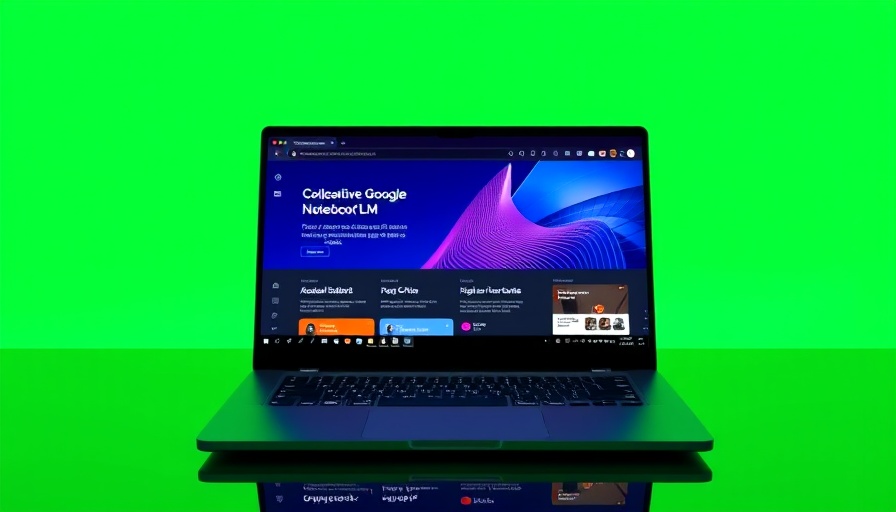
Why Indexed Pages Don’t Always Appear in Search Results
In the fast-paced world of digital marketing, understanding how Google's search algorithms work is crucial for success. Recently, Google’s Developer Advocate, Martin Splitt, addressed a recurring question many website owners and marketers face: Why do indexed pages not always appear in search results? His insights reveal key factors influencing visibility and offer essential guidance for improving online presence.
The Complex Nature of Google's Search Process
Google's search system is multifaceted, involving several stages: discovery, crawling, indexing, and serving or ranking. During each stage, content competes for visibility. As Splitt explains, it’s not enough for a page to simply be indexed; it must also rank well against other pages for the same query. This nuanced process means website owners must ensure that their content not only reaches Google’s index but also resonates with user queries and engagement levels.
Factors Affecting Search Visibility: Quality Over Quantity
Splitt outlines various reasons why indexed content may be sidelined in search results, emphasizing that user engagement plays a pivotal role. If a page fails to meet user needs or garners low interaction levels, Google may deprioritize it, opting instead to display content that better serves user intent. This feedback loops back to the importance of creating high-quality, relevant content tailored to audience expectations. Brands must therefore continuously evaluate and refine their content to be relevant and engaging.
Content Quality: The Key to Improved Search Results
Martin Splitt’s advice to prioritize quality is a mantra that resonates across the digital landscape. Strong content should not only be engaging but should also comprehensively address specific user queries. It is imperative for marketers and business leaders to understand that content strategy should pivot towards fulfilling user intent, ensuring that each piece offers substantial support to the audience's needs.
User Engagement: The Pulse of Content Relevance
A page’s engagement statistics significantly impact its visibility. If users consistently skip over certain indexed pages in favor of others, Google may interpret this as a sign that the content does not meet the expectations set by queries. Therefore, marketers should utilize tools that measure user engagement and refine their approach accordingly. Creating a feedback mechanism, possibly through surveys or analytics, can provide insights into user interaction, helping brands adapt and evolve their content strategy.
Future Considerations: Evolving with Search Algorithms
As search algorithms evolve, so too must the strategies employed by digital marketers. Splitt’s insights not only encourage a reassessment of current content practices but also signal a shift toward dynamic, user-centered content creation. Marketers who adapt to these changes and remain vigilant about algorithm updates will position themselves for success in an increasingly competitive space.
Conclusion: Action Steps for Business Leaders
In light of these insights, it’s clear that understanding the reasons behind indexed pages not appearing in search results can empower business leaders and marketers to make informed decisions. Focus on high-quality, user-focused content and leverage analytics to keep pace with audience expectations. By doing so, brands can enhance their search visibility and engage more effectively with their target markets.
Stay proactive in optimizing your content strategy, and remember: each piece should meet the users where they are, answering their queries and engaging them in meaningful ways.
 Add Row
Add Row  Add
Add 




 Add Row
Add Row  Add
Add 

Write A Comment